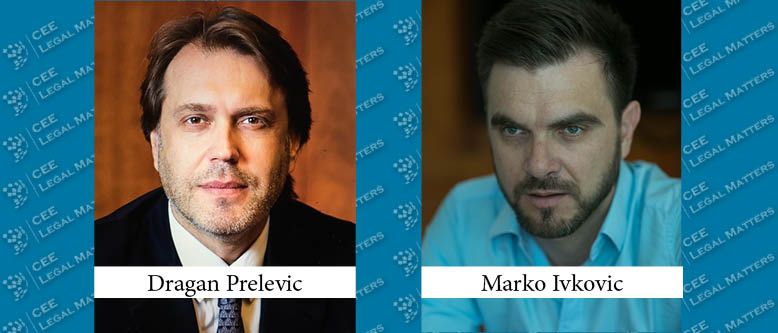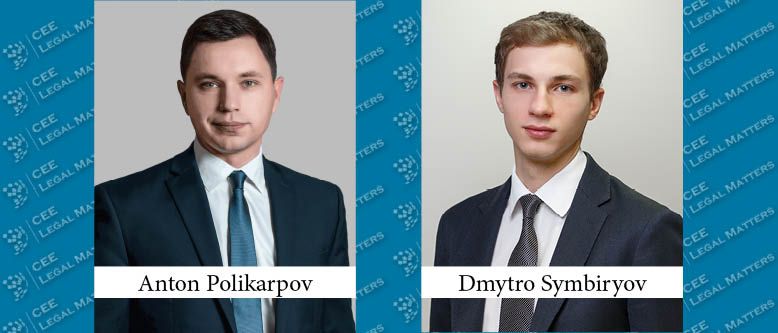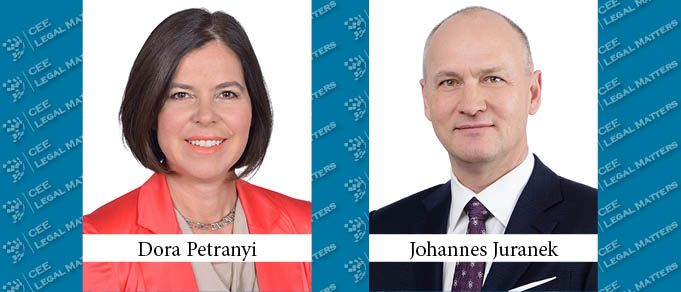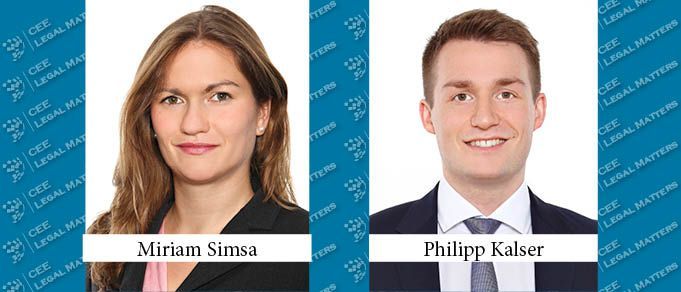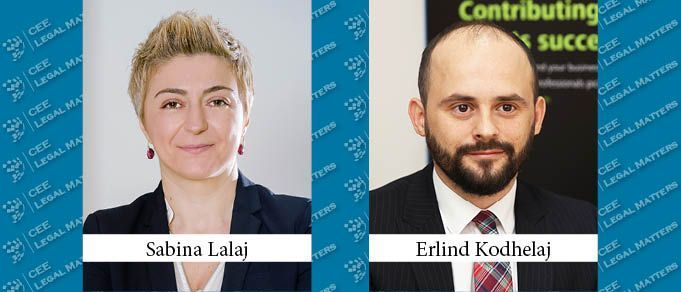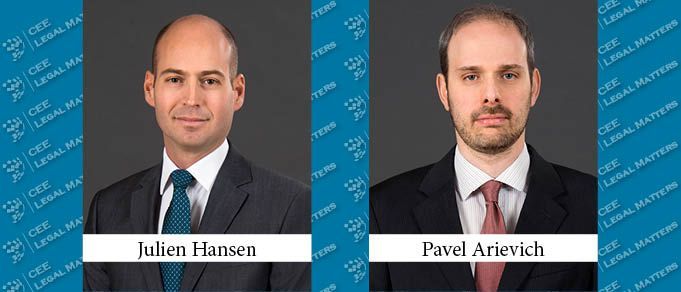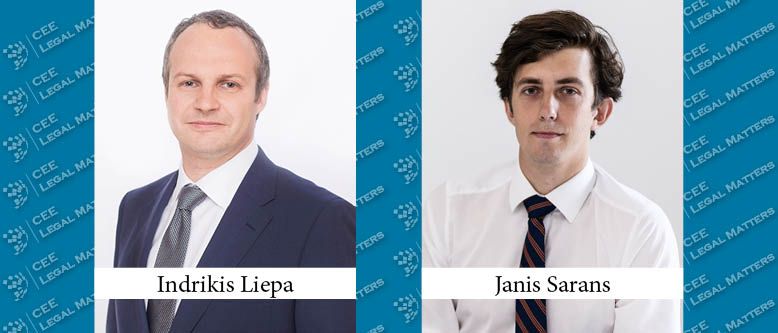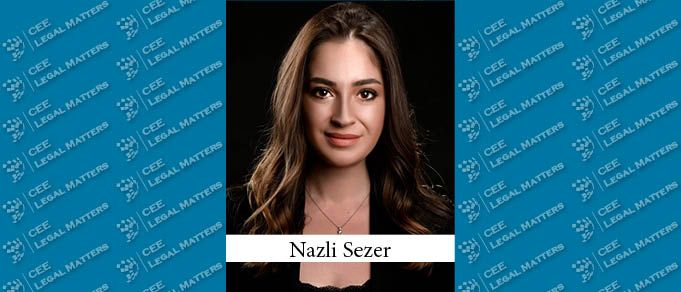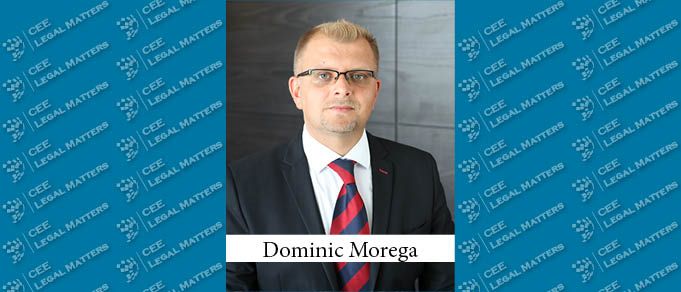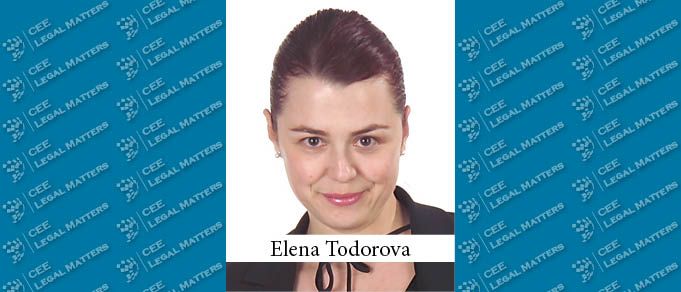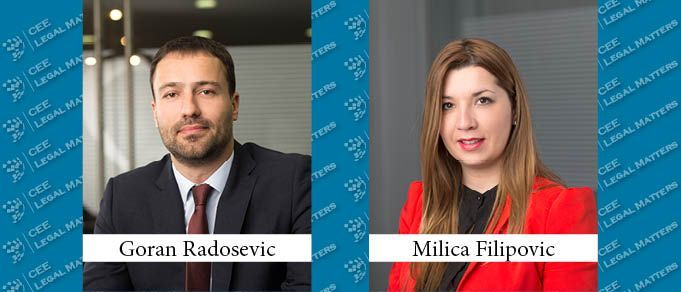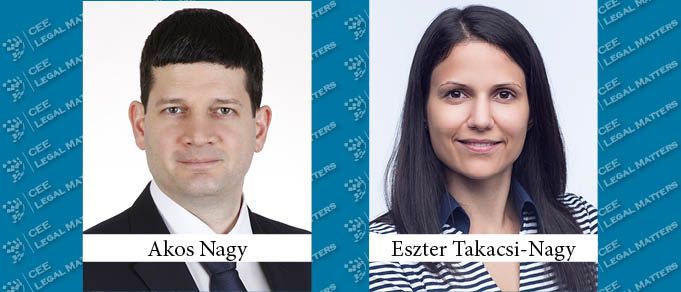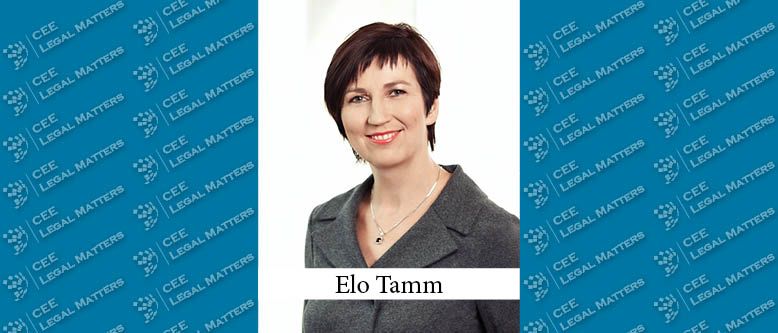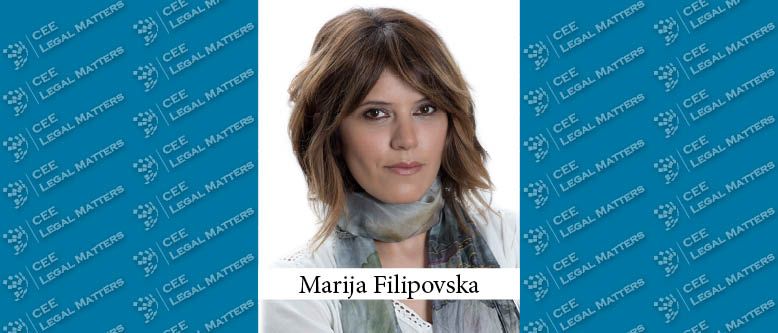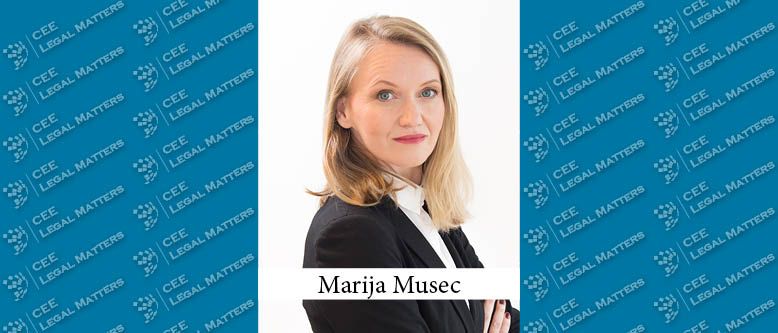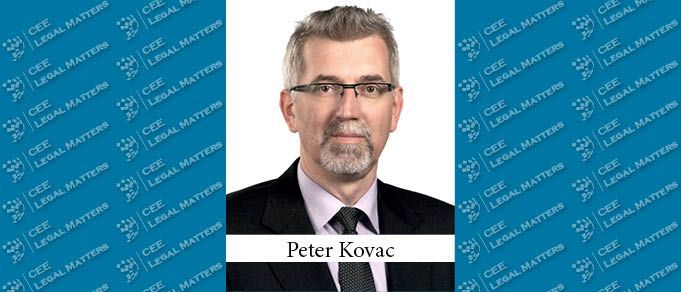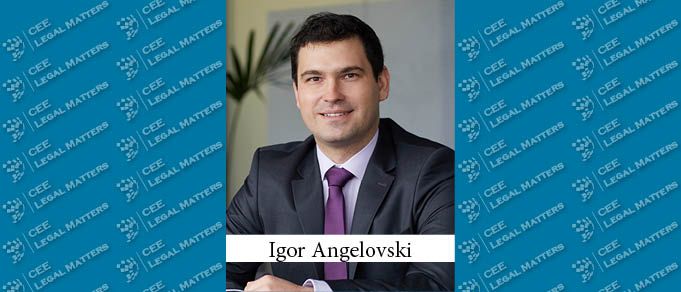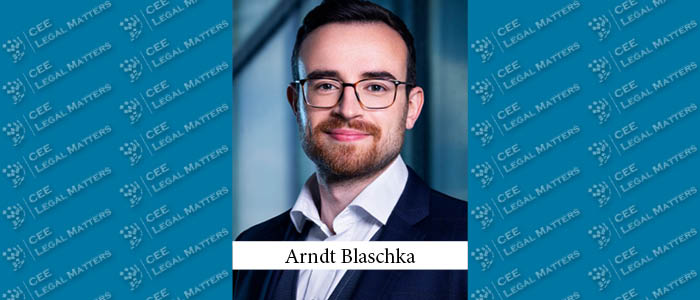A recent report found that, in 2018, 72.2% of Montenegrin citizens had online access from home, with Internet access via mobile phones increasingly common as well. In terms of mobile and Internet service, Montenegro is not behind other countries from the region or Europe at large, but digital technologies are used far less in areas such as economy or education. Information technologies are most commonly used for Internet browsing and social network communication, but are rarely used for communication with public administrations, local governments, and other service providers, which indicates the society’s insufficient digital advancement.
Entering the Ukrainian Market: Managing Compliance Pitfalls for OTT Providers
More and more companies in the TMT sector are looking at Ukraine as a potential market, in the process putting aside the negative image formed during the first decades after the country declared its independence in 1991.
Electric Energy in Albania
During the last decade, Albania has undertaken several initiatives to liberalize the electric energy sector and increase local generation capacities. Such measures have created a lively market, especially in the renewal energy segment.
The GDPR in CEE: One Year On
It has been over a year since the European Union’s General Data Protection Regulation became mandatory across Europe, marking a seismic shift in the way that companies collect, process, and handle personal data. Countries across the European Union and beyond have adapted their national laws to meet the requirements of the GDPR – with many introducing local derogations as permitted by the GDPR.
Court Decision Increases Risk of Mortgage - Backed Loans
Under Austrian law, incorrect land register entries may trigger public liability. But the Austrian Supreme Court recently held that such incorrect entries only create public liability claims for of a certain group of people, thereby potentially increasing the risk management costs of mortgage-backed loans.
New Draft “On the Fiscal Regime for Petroleum Operations” Law
The fiscal aspects of the hydrocarbon sector in Albania will be soon governed by a new law. The new draft “On the Fiscal Regime for Petroleum Operations” law (the “New Draft Law”) was initially published in the Electronic Register of Public Announcement and Consultations on April 4, 2019 and has been circulated for comment among stakeholders, chambers of commerce, and experts’ associations in Albania.
Enforcement of Pharmaceutical Patent Rights in Russia: New Opportunities?
The enforcement of pharmaceutical patent rights in Russia is a multi-aspect issue. One such aspect, well known to the industry and patent owners, is the attempt to prevent pharmaceuticals that may infringe on prior patent rights from being registered by the Russian healthcare authorities.
Scrutiny of Industry Practices by the Competition Authority Continues
In late 2018, the Competition Council of the Republic of Latvia published the final report on its most recent in-depth sector inquiry on the distribution practices of reimbursed medicines on the wholesale market and potential competition restrictions therein. The sector inquiry had lasted for almost two years, during which the Competition Council gathered information from both the public and the private sectors, approaching seven producers, twelve wholesalers, and several public institutions, such as the State Agency of Medicines and the Health Inspectorate, among others. Although the Competition Council proclaimed that the main goal of the sector inquiry was to analyze potential competition restrictions on the wholesale market, which could be apparent because of the vertical integration of wholesalers and leading pharmacy chains and the exclusivity status of the wholesalers, no infringements proceedings were initiated as a result. Notwithstanding the lack of subsequent infringement proceedings, however, some crucial conclusions were drawn.
The Classification of Medicinal Products in the European Union and Turkey
Advertisement is a very strong instrument in free market economies like Turkey’s. As a bridge between manufacturers and consumers and in light of its contribution to a competitive market, the importance of advertisement is critical.
Regulators’ Feeble Attempts to Calm the Pharma Market and Ensure Patient’s Access to Necessary Therapies
A review of the Romanian pharma market reveals the real challenges faced by pharmaceutical companies and the impact of those challenges on patients.
Health Tech - 3 Questions, 3 Industries, 3 Points of View
At the end of April, 2019, Sopharma Trading announced the creation of “SOinventure” – a corporate acceleration program in the field of health-tech, organized in partnership with Bulgarian investment fund Eleven Ventures. We decided to ask Mr. Ivaylo Simov, Partner at Eleven Ventures, and Mr. Dimitar Dimitrov, CEO of Sopharma Trading, three questions about the development of the alliance between healthcare and new technology, and we added our experience-based opinion to their answers.
The New Law on Healthcare Protection
At the beginning of April 2019, the Serbian Parliament adopted the new Law on Healthcare Protection (the “Law”), with the aim of improving the legal framework and facilitate better functioning of the healthcare system in Serbia, aligning it more closely to EU standards in this field.
Recent Trends Relating to Industrial Cannabis: New Investment Opportunity in CEE?
The worldwide legal marijuana trade has grown significantly in recent years. According to some sources, the United States accounts for a global market share of 90 percent of all legal marijuana traded.
Patient Insurance Reform Has Been Initiated in Estonia
With the June 7, 2019 initiation of the draft Patient Insurance Act, the Estonian Ministry of Social Affairs has achieved an important milestone in the development of the Estonian health care system. This draft act marks a principal change towards the creation of a patient-centric health care system, which will have a major effect on patients, health care service providers, health care professionals, insurance companies, and society at large.
New Law on Phytopharmacy in North Macedonia
It is no secret that North Macedonia is facing the issue of usage of products for plant protection which often fail to meet legal standards. Namely, Macedonian manufacturers producing agricultural products for human and animal nutrition often use unauthorized products which fail to meet safety criteria and may have suspicious origins. Although this issue is not as widely-discussed as air pollution in North Macedonia, it contributes significantly to the existing environmental pollution problem and has a huge impact on the health of plants, people, and the environment.
Is Pharma Adopting AI Quickly Enough?
Use of Artificial intelligence is growing rapidly. Some of the world’s largest industries are using AI as frequently as any other business tool. Still, there are industries which seem to be more risk averse. Pharma integrates AI at the rate of 31% in the service operations sector, 31% in the product/service development sector, and 27% in the marketing sector. Does that mean that pharma is lagging in implementing AI?
Medical Malpractice in Slovakia
Medical professionals in Slovakia must adhere to current professional standards. Failure to do so may result in administrative, civil, or criminal liability. Patients have several options how to proceed in the event of alleged medical malpractice.
Trends in Liability for Defective Products Involving Vaccines
Pharmaceutical products have been in the spotlight of the Council of the European Union’s Product Liability Directive since its adoption in 1985. Despite the amount of time that has passed, some legal uncertainties remain that strike directly at the notion of defectiveness, as well as the causal link between the defect and the damage (which proved to be even more important in the case of pharmaceutical products). Establishing such causal link in cases involving vaccines is notoriously difficult, especially from the perspective of a lay consumer. This has led some EU member states, such as France, to introduce case law aimed at facilitating the burden of proof in specific sectors.

